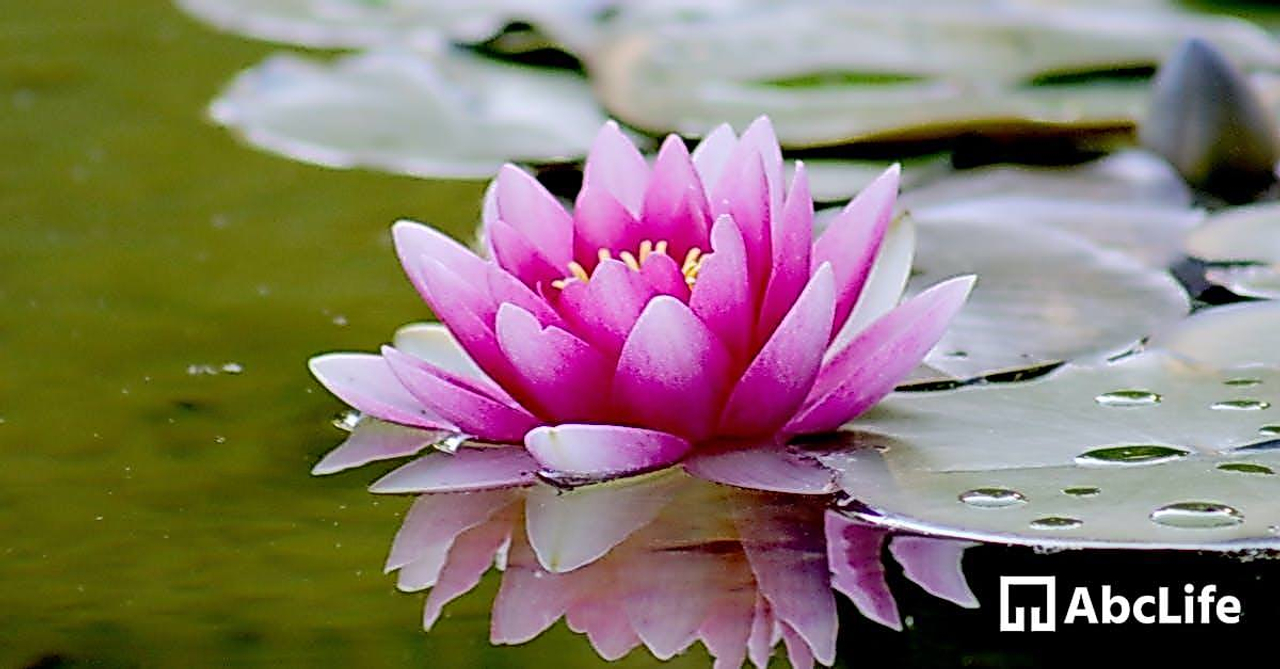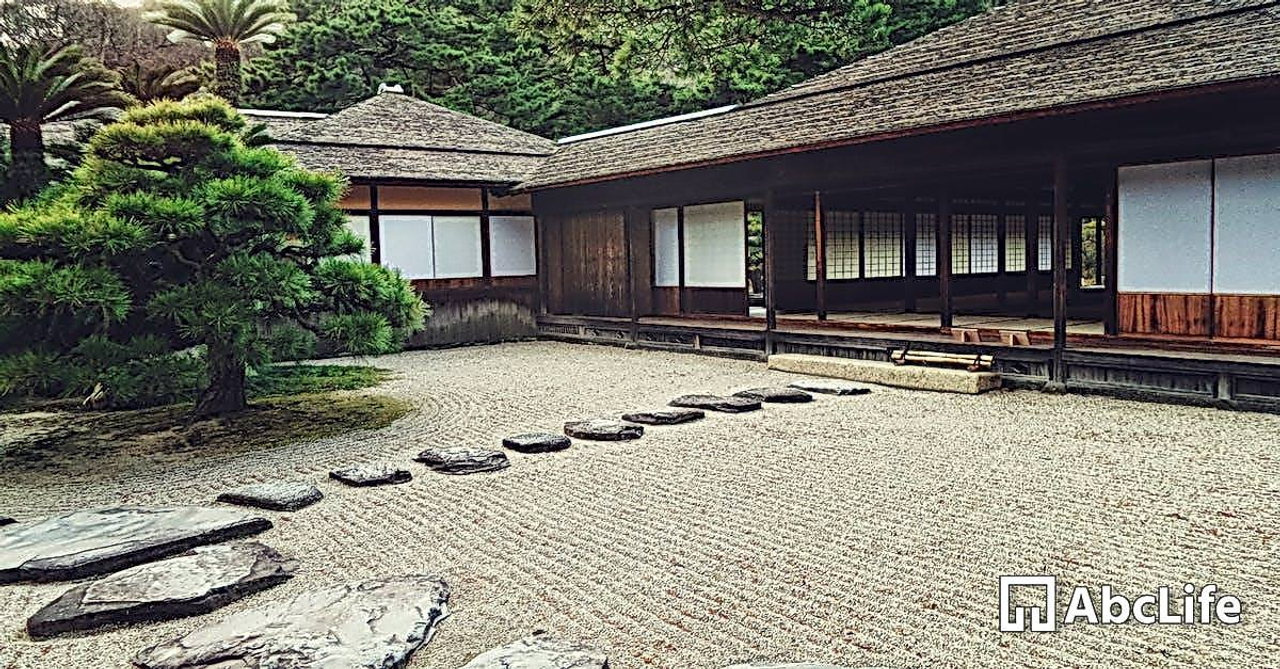Discovering the Benefits of a Zen Garden

A Zen garden is an excellent way to improve both your mind and body. These gardens, designed by Japanese monks, are sanctuaries that promote relaxation and inner peace. They are decorated with rocks, sand, and miniature plants and provide an ideal setting for meditation and escape from daily stresses.
According to research, a Zen garden can help people physically, mentally, and emotionally. It has therapeutic effects that help to reduce anxiety and depression, lower the risk of cardiovascular disease, and provide a sense of calm and tranquillity. These gardens are an excellent way to connect with nature and find inner stillness, both of which are necessary for mental and emotional well-being. A calm mind can also lead to a healthier body, lowering stress and the risk of physical illnesses.
Overall, creating a Zen garden at home or at work can provide numerous mental and physical benefits. It is a simple yet effective method for promoting relaxation and inner peace while also promoting creativity and mental clarity. So, begin creating your own tranquil Zen garden and reap the many benefits it has to offer.
Essential Elements for Zen Garden Design

Making a zen garden for your mind and body is a great way to relieve stress and promote relaxation. Zen gardens, which are based on Japanese rock gardens, are intended to help you relax and calm your mind. These gardens are distinguished by their simple beauty, which is achieved through the use of essential garden elements.
Rocks and Sand
A zen garden's foundation is made up of rocks and sand. These elements represent water and mountains, as well as the natural balance. The sand is raked in a decorative pattern that represents water flow. In contrast, the rocks are arranged in a way that resembles natural mountain formations, representing the stability of mountains.
Plants
Plants are essential in a zen garden. They give the garden a sense of calm and serenity. Choose plants that are easy to care for and have a natural Japanese appearance, such as Japanese maples or junipers, to create the ideal zen garden. You can also include flowers that represent the beauty and fragility of life, such as cherry blossoms.
Water Features
Water features, such as fountains or ponds, can contribute to the tranquillity of your zen garden. In Japanese culture, water is an essential element for relaxation. Running water makes soothing sounds. The reflection of light on water can also contribute to a relaxing atmosphere.
Overall, incorporating these three essential elements - rocks and sand, plants, and water features - can aid in the creation of a beautiful and calming zen garden ideal for relaxation and meditation.
Step-by-Step Guide to Building Your Own Zen Garden
Do you want to create a peaceful haven in your own backyard? Creating a zen garden is an excellent way to add tranquility and relaxation to your outdoor space. Here's a step-by-step tutorial to get you started:
1. Choose your location
The first step in creating a zen garden is deciding where it will be built. Look for a quiet and peaceful spot in your yard, away from the hustle and bustle of daily life. Ideally, you want to create a secluded and private space where you can meditate and relax without distractions.
2. Select your materials
After you've decided on a location, it's time to choose your materials. Zen gardens commonly include a variety of elements such as sand or gravel, rocks, and plants. You may also want to include a water feature, such as a small fountain or pond, to add to the garden's calming ambiance.
3. Plan your design
Take some time to plan out the design of your zen garden before you begin construction. Consider a traditional Japanese garden design, which typically consists of carefully arranged rocks and sand to represent natural landscapes such as mountains and rivers. You can also incorporate plants and other elements to create a more personalized and one-of-a-kind design that fits your style and preferences.
4. Build your garden
It's time to start building your zen garden with your design in mind. Begin by laying down a layer of sand or gravel to serve as the foundation for your garden. Then, arrange your rocks and other elements in the pattern or design you want. Finally, to complete the look and feel of your zen garden, add your plants and any other finishing touches.
With these simple steps, you can create a beautiful zen garden in your own backyard that will provide a peaceful oasis. A zen garden is an excellent addition to any outdoor space, whether you want to meditate, relax, or simply enjoy the beauty of nature.
Meditation and Mindfulness in Your Zen Garden
We often forget to take time out for ourselves in today's hectic and fast-paced world. Meditation and mindfulness are tried-and-true techniques for calming the mind and reducing stress. Making a zen garden is a great way to incorporate these practices into your daily life.
A zen garden offers a peaceful and serene environment in which to focus and relax. You can meditate in your garden or simply take a few deep breaths while admiring nature's beauty. Raking or arranging rocks in your garden can also have a meditative effect, helping to clear your mind of clutter and distractions.
Being fully present in the moment is central to mindfulness. Creating and maintaining a zen garden necessitates meticulous attention to detail as well as a focus on the present. You are completely focused on the task at hand, whether it is tending to the plants, raking the sand, or rearranging rocks. This can assist you in developing mindfulness and improving your overall sense of well-being.
Spending time in a zen garden can be beneficial to your physical health as well as your mental health. Being outside and in nature has been shown to lower blood pressure, reduce stress, and boost the immune system. A zen garden is an excellent addition to any wellness routine due to the combination of mental and physical benefits.
Maintenance Tips and Tricks for Your Zen Garden
A Zen garden can be a lovely and relaxing addition to any space, whether it's a backyard, office, or meditation room. However, maintaining your Zen garden on a regular basis is necessary. Here are some pointers to help you maintain your Zen garden:
1. Keep it Clean
The first step in maintaining your Zen garden is keeping it clean. Remove any debris that has accumulated on the sand or rocks with a small rake or your hands. If your Zen garden is outside, you may need to remove any weeds that sprout around the edges.
2. Rake the Sand
Your Zen garden's sand represents water and should be raked on a regular basis to mimic the flow of waves. To make swirls and patterns in the sand, use a small rake or comb. This can be a form of meditation in and of itself.
3. Trim the Plants
If you have plants in your Zen garden, such as moss or miniature trees, make sure to trim them on a regular basis to keep them looking neat and tidy. Depending on the type of plant and the conditions under which it is growing, you may also need to water it on occasion.
4. Protect it from the Elements
If your Zen garden is outside, it must be protected from the elements. During periods of heavy rain or snow, cover it with a tarp or relocate it to a covered area. This will help to protect the sand and rocks, as well as any plants growing in the garden.
You can keep your Zen garden looking beautiful and soothing for years to come by following these tips and tricks.
Garden Design Brings Zen into Your Daily Life
Garden design entails much more than simply planting flowers or arranging plants. It's an art form that can bring you serenity, peace, and tranquillity. Thoughtful planning and design are the best ways to create a calm and relaxing garden that promotes mindfulness and brings Zen into your everyday life.
A Zen garden design frequently incorporates natural elements such as gravel, rocks, and sand, emphasizing minimalism and simplicity. The sound and texture of a water feature, such as a small fountain or a peaceful pond, can be soothing to the senses. Gardeners frequently use curved shapes to represent natural environments, and they rely on low-maintenance plants to keep the space harmonious and clutter-free. A Zen-inspired outdoor space does not require a large garden or a large budget; even a small courtyard garden or balcony can be transformed into a peaceful oasis.
A Zen-inspired garden can help reduce stress, promote relaxation, and promote mindfulness. Allowing yourself to be distracted and taking daily time to reflect and meditate can have a positive impact on your life. Applying these ideas to garden design is an excellent way to create a space that promotes relaxation, mindfulness, and inner peace in your daily life.











